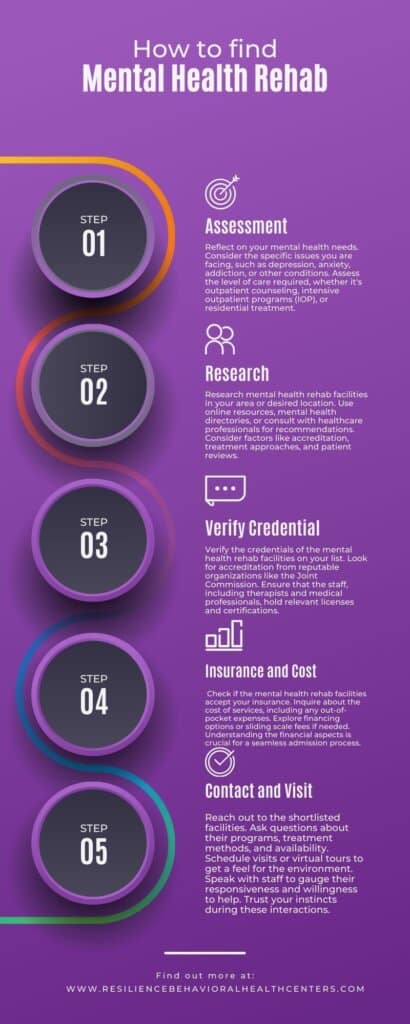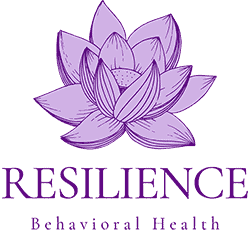Post-Treatment Support: Alumni Programs at Mental Health Centers in Massachusetts
In Massachusetts, mental health treatment centers offer something special called Alumni Programs for people who’ve finished their formal treatment. These programs are like a safety net, making sure people still feel supported and connected after they leave the structured therapy environment.
They’re not just about more therapy sessions; they’re about building a community where everyone can share their experiences and help each other out. From workshops to social gatherings, these programs offer different ways for people to stay connected and keep learning.
Let’s get deep into what more services these centers have to offer the Alumni.
Help After Treatment
The range of services offered to Alumni after treatment at mental health centers in Massachusetts include:
Outpatient Counseling and Therapy Sessions
These are ongoing counseling sessions conducted outside of a hospital or residential facility, typically suited for individuals who have completed initial treatment but still require therapeutic support.
Individualized Treatment Plans for Ongoing Support
Customized plans are designed to cater to specific mental health needs, ensuring continuous and personalized care even after formal treatment ends.
Support Groups and Peer Networks
These are gatherings or communities where individuals facing similar challenges come together to share experiences, offer mutual support, and establish connections beyond the treatment setting.
Building Connections Beyond Treatment
Programs or initiatives aimed at fostering lasting relationships and a sense of community among individuals who have completed treatment, providing ongoing support networks.
Workshops for Coping Strategies and Stress Management
Sessions focused on teaching practical techniques and strategies to manage stress, anxiety, and other mental health challenges.
Equipping Individuals with Mental Health Tools
Providing resources, knowledge, and skills necessary to navigate and maintain mental wellness effectively.
Continued Support for Medication Prescriptions
Ensuring access to prescribed medications and ongoing support from healthcare professionals for proper management.
Ensuring Effective Medication Usage
Monitoring and guidance to guarantee individuals are using medications correctly and experiencing desired outcomes.
Accessing Immediate Support during Critical Times
Providing immediate assistance, resources, and guidance for individuals facing mental health crises or urgent situations.
Hotlines and Emergency Assistance
Helplines or emergency services are available for immediate support and intervention.
Integrative Practices:
Yoga, Meditation, Art Therapy: Alternative or complementary approaches to traditional therapy, incorporating practices like yoga, meditation, or art therapy to enhance mental health and well-being.
Complementary Therapeutic Methods
Utilizing various methods that go beyond conventional therapy to address mental health challenges.
Programs Engaging Family in the Recovery Process
Initiatives aimed at involving family members in understanding and supporting the recovery journey of their loved ones.
Educating and Involving Families for Better Support
Providing families with information, tools, and resources to better understand and support their loved ones dealing with mental health issues.
Connecting Individuals to Community Resources
Guiding individuals toward external support services, community organizations, or additional resources that can complement their ongoing mental health care.
Guiding Access to Additional Support Services
Assisting in accessing further support, whether it is financial aid, housing assistance, or specialized care beyond what the center directly offers.
Each of the services helps differently to keep care going even after treatment ends. And here are some additional resources to seek alumni mental health support.
Finding Further Support and Resources
Here are some further support and resources you can find while seeking alumni programs or mental health support in Massachusetts:
Local Community Centers
Often, local community centers or organizations have information about ongoing mental health programs, including alumni initiatives. They might have support groups or listings for post-treatment care. Try using phrases like “mental health resources in [your city or area], Massachusetts” or “community centers offering mental health support in Massachusetts” to find relevant centers near you.
Online Directories
There are online databases and directories specifically tailored to mental health services in Massachusetts. Websites like Psychology Today or GoodTherapy often list various programs available, including alumni support.
University Counseling Centers
Universities with counseling or psychology departments might offer alumni programs or have information on external resources available to graduates. These programs can be a valuable resource for continued support. You might need to directly visit the websites of universities in Massachusetts that offer psychology or counseling programs.
Peer Support Networks
Sometimes, peer-led support groups or networks can be found through online platforms or social media. These groups might not be formal programs but can offer invaluable peer support and advice. You can search for mental health support groups or communities specific to Massachusetts on platforms like Facebook Groups or Reddit. Use keywords like “Massachusetts mental health peer support” or “mental health community in Massachusetts” in the search bar of these platforms.
Health Insurance Providers
Checking with your health insurance provider can also yield information about covered mental health services and post-treatment support options available within their network. You’ll need to visit the website of your health insurance provider. Log in to your account or navigate their website to find sections related to mental health coverage, resources, or support services.
You can search online using specific terms or visit particular websites to discover centers and resources for mental health support in Massachusetts.

Importance of These Plans
These plans and services play a crucial role in ensuring individuals receive ongoing support and care, especially after completing formal mental health treatment. Here’s why they’re so important:
Staying Supported
Even after formal treatment ends, many people still need a helping hand. These plans and services are like a safety net, ensuring that support doesn’t just disappear when therapy sessions end. It’s ongoing guidance to keep individuals feeling backed up and cared for in their mental health journey.
Avoiding Going Back
Sometimes, after treatment, things can get tough again. These ongoing therapy sessions and support groups are there to teach ways to prevent that from happening. They equip individuals with coping tools and strategies, acting as a shield against setbacks and relapses.
Finding Friends and Understanding
Alumni programs are about building a circle of understanding friends. It’s like having a community of folks who’ve walked a similar path and can offer advice and companionship, making individuals feel less alone on their journey to wellness.
Learning Useful Stuff
Workshops and talks aren’t just about theories; they’re practical guides for handling stress and tough feelings. It’s like having a toolbox filled with different skills and techniques to navigate life’s challenges more effectively.
Taking Meds Right
Ensuring access to medications and teaching the correct usage is essential for stability. It’s about more than just having the prescription; it’s understanding how these meds work and why it’s important to take them as directed.
Quick Help in Tough Times
During mental health crises, having a helpline or immediate support can be a lifeline. It’s a direct line to someone who understands and can offer help when things feel overwhelming.
Family as Support
Involving family members creates a supportive environment at home. Educating them about mental health helps them understand what their loved ones are going through and how they can provide meaningful support.
Finding More Help
These plans go beyond the center’s offerings, guiding individuals to additional services they might need. It’s about making sure all aspects of their mental health are addressed and supported, whether it’s financial assistance, housing support, or specialized care beyond what the center directly provides.
Let’s explore how to find and use these important alumni programs in Massachusetts for ongoing support after mental health treatment.
- NAMI Massachusetts: They’ve got this directory full of info about alumni programs that suit what you need and where you live. You can check there to find a good fit.
- Massachusetts Department of Mental Health: They’ve got this huge list of mental health resources, including alumni programs. It’s a great place to explore what’s available.
- Resilience Behavioral Health: Have info on alumni programs too. You can check out the website for more details.
Checking out these places gives you lots of choices to keep getting help that suits you after your mental health treatment is done.
Conclusion
Alumni programs are really important because they create a strong community and give you lots of different ways to handle life’s ups and downs.
Places like NAMI Massachusetts, the Massachusetts Department of Mental Health, and Resilience Behavioral Health offer different kinds of support that fit what you need. It’s like having a bunch of doors to choose from, each leading to personalized care that suits you.
Click here, or call 888.401.1179, to become a part of Resilience Behavioral Health’s aftercare plan and seek fun and productive post-treatment support.


